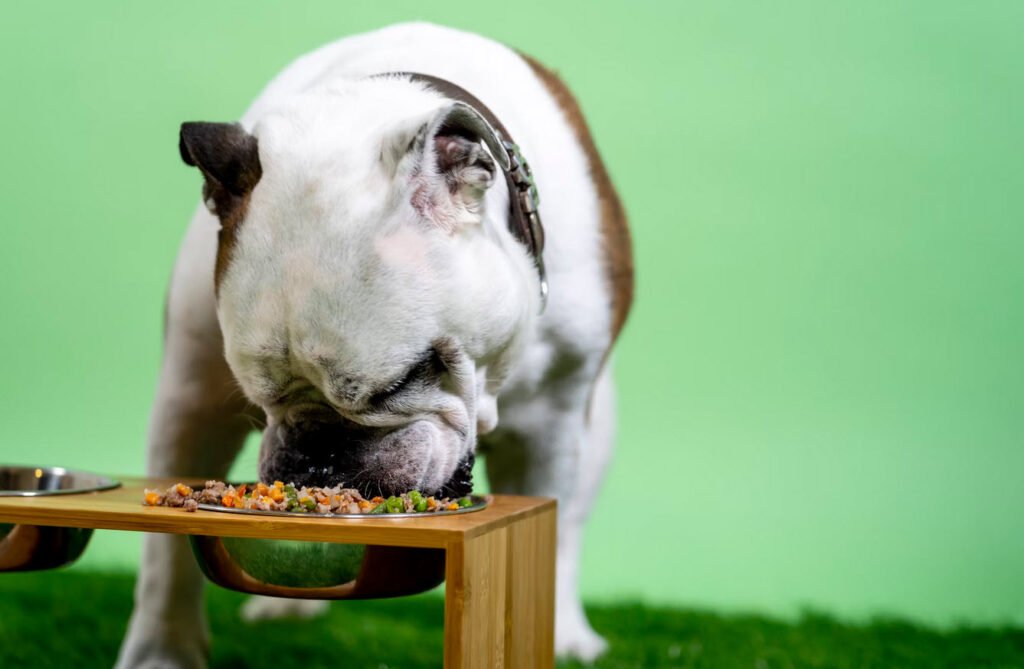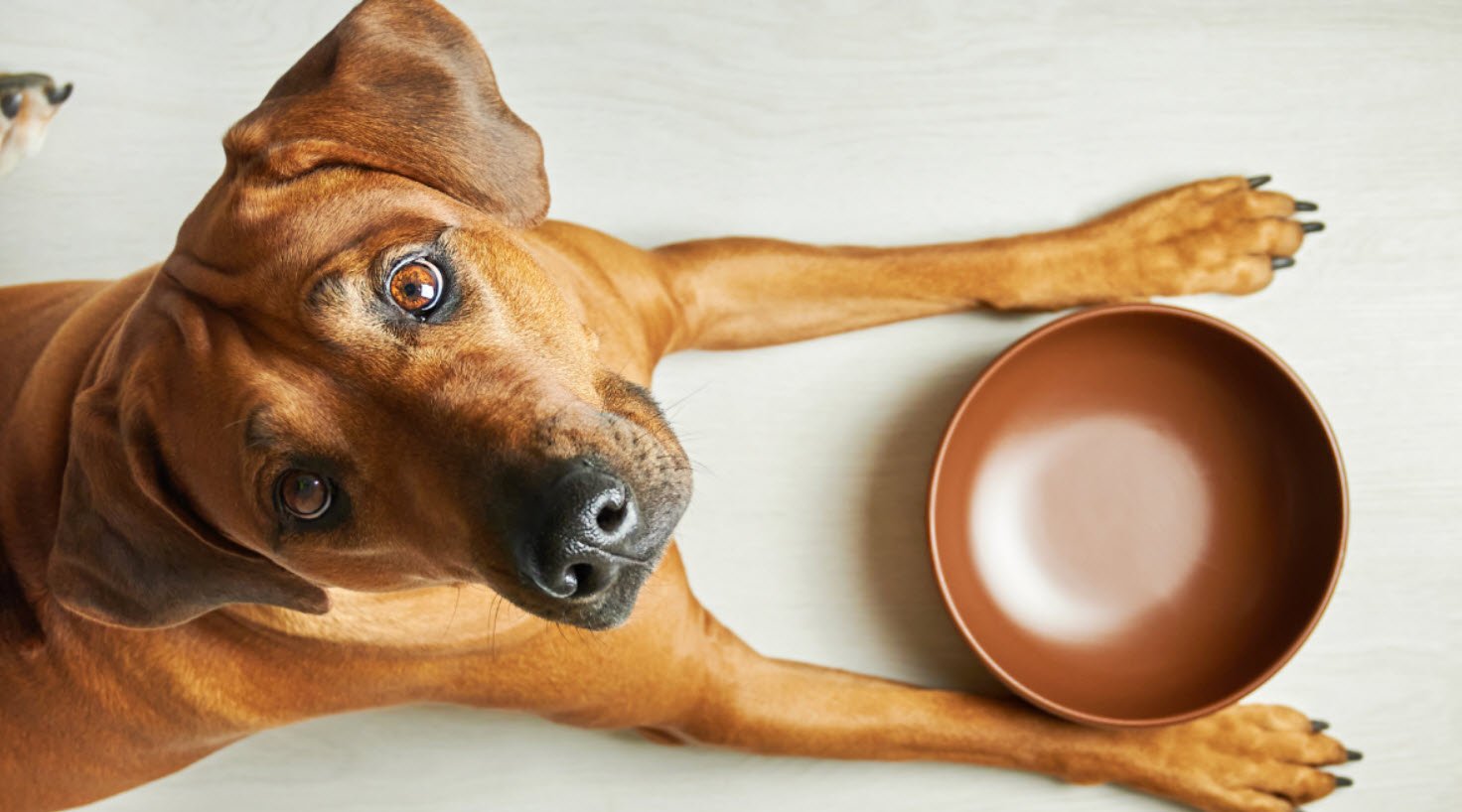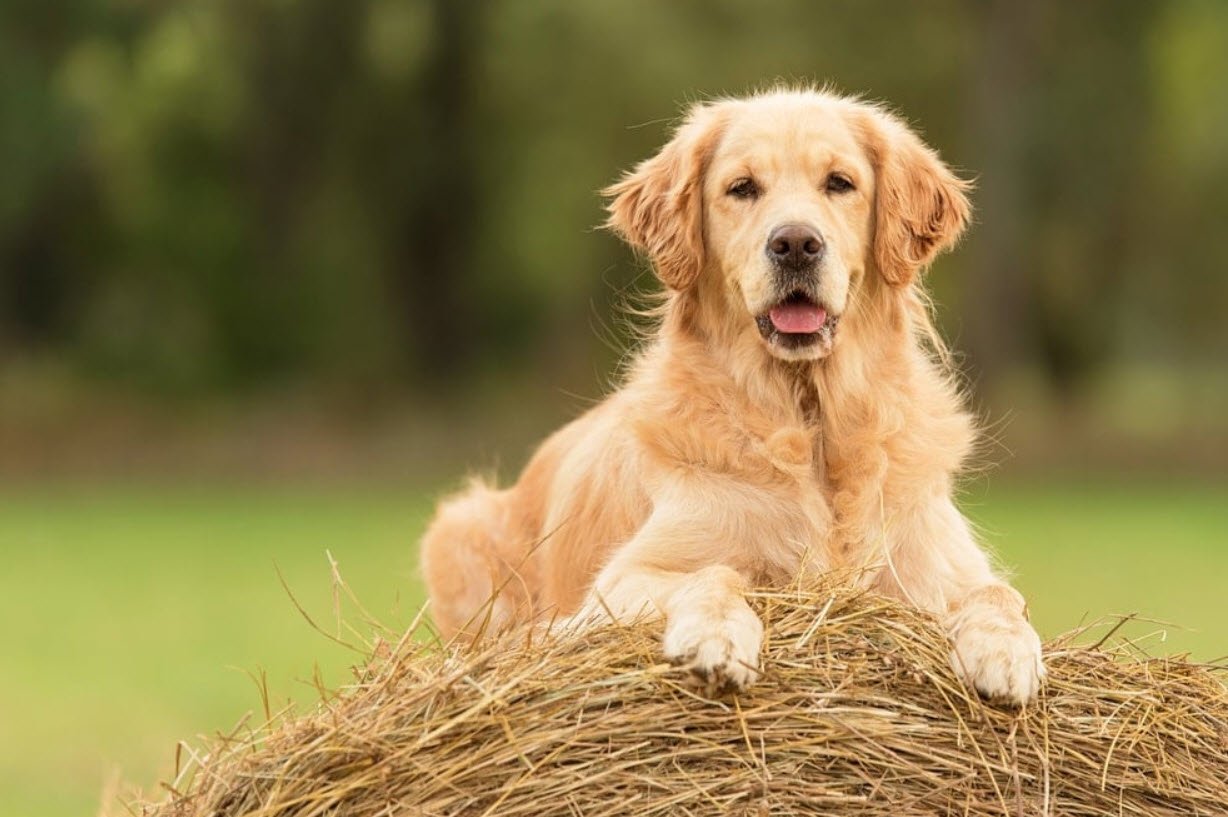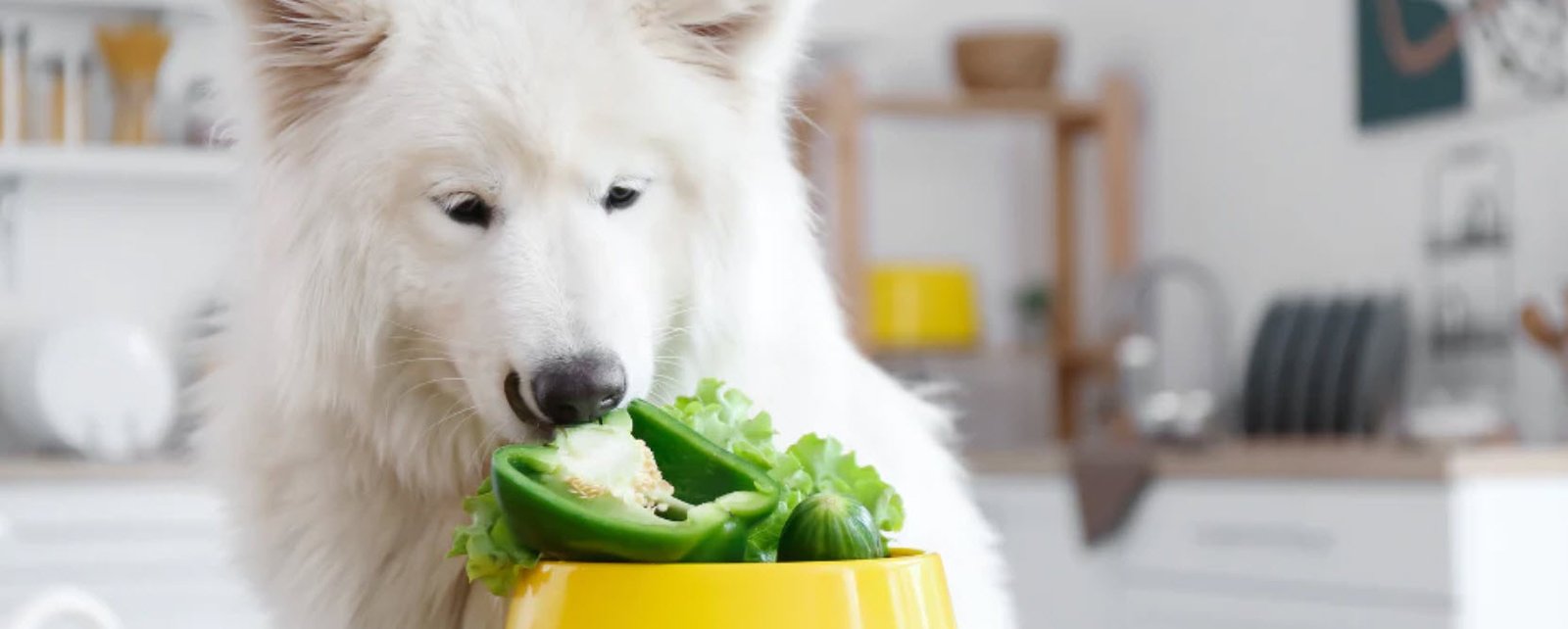
Dogs are not just pets; they are cherished members of the family. As responsible pet owners, ensuring their health and well-being is a top priority. One key aspect of maintaining a dog’s health is providing a balanced and nutritious diet.
While their primary source of nutrition should come from specially formulated dog food, certain fruits and vegetables can be incorporated into their diet as treats or supplements. It’s important to know which foods are safe for dogs to consume and which are best avoided.
Here, we’ll focus on a variety of fruits and vegetables that are safe and even beneficial for our furry friends.
Fruits:
1. Apples:
Apples are an excellent source of vitamins A and C, as well as fiber. Remove the seeds and core before offering slices to your dog to prevent choking hazards.
2. Bananas:
Rich in potassium, vitamins, and natural sugars, bananas are a safe and nutritious treat for dogs. However, they should be given in moderation due to their sugar content.
3. Blueberries:
Blueberries are packed with antioxidants, vitamins, and fiber. They make a great low-calorie treat for dogs, supporting their immune system and overall health.
4. Cranberries:
Cranberries can promote urinary tract health in dogs and may help prevent urinary tract infections. Ensure they are fresh or unsweetened, as added sugars can be harmful.
5. Strawberries:
Strawberries are a tasty source of vitamin C, fiber, and antioxidants for dogs. Remove the green tops and feed in moderation.
6. Watermelon:
This hydrating fruit is a safe treat for dogs in moderation. Remove seeds and avoid feeding the rind. It’s a good source of vitamins A, C, and B6.
7. Pears:
Pears are rich in fiber and vitamins A and C. Ensure you remove the seeds and core, then slice the pear into small, manageable pieces for your dog.
8. Pineapple:
Pineapple, when given in moderation and without the tough core, can be a tasty treat. It contains vitamins and enzymes that aid digestion.
Vegetables:
1. Broccoli:
Broccoli is a good source of fiber and vitamin C. It can be given in small amounts, preferably steamed to aid digestion.
2. Carrots:
Carrots are excellent for a dog’s dental health and provide vitamins, minerals, and fiber. Raw carrots or steamed slices are safe options.
3. Cauliflower:
Cauliflower is safe for dogs and offers vitamins and fiber. Ensure it’s cooked and given in moderation to prevent digestive issues.
4. Green Beans:
Green beans are low in calories and rich in vitamins. They can be a healthy treat for dogs, either fresh, steamed, or frozen.
5. Pumpkin:
Plain, cooked pumpkin (not the sweetened pie filling) is great for digestion and can help with upset stomachs or diarrhea in dogs.
6. Spinach:
Spinach, when given in moderation, provides various vitamins and minerals. It can be served cooked for better nutrient absorption.
7. Sweet Potato:
Sweet potatoes are a nutritious source of vitamins and fiber. Ensure they’re cooked and without any seasoning.
8. Zucchini:
Zucchini is a low-calorie vegetable that offers vitamins and minerals. It’s best served cooked and in moderation.
9. Cucumber:
Cucumbers are hydrating and low in calories, making them a safe and refreshing snack for dogs.
10. Celery:
Celery is a good source of vitamins and fiber. It can be a crunchy and satisfying treat for dogs.
11. Peas:
Peas are packed with vitamins and are a safe vegetable for dogs, either fresh, frozen, or canned (unsalted and without additives).
12. Brussels Sprouts:
Brussels sprouts are safe for dogs when cooked and given in moderation. They contain vitamins and fiber.
When introducing any new food to your dog’s diet, it’s crucial to start with small portions to observe how they react and ensure they don’t have any adverse reactions. Additionally, always consult your veterinarian before making significant changes to your dog’s diet.
In conclusion, incorporating a variety of safe fruits and vegetables into your dog’s diet can be a delightful way to provide additional nutrients and flavor. Remember, moderation is key, and always prioritize your dog’s health and well-being.
You may also like:- Common Causes of Dog Bad Breath
- 5 of the Most Painful Conditions for Dogs
- Top Natural Foods to Combat Bad Dog Breath
- Top 12 Most Popular American Dog Breeds
- 6 Most Popular Distinct Canadian Dog Breeds
- A Guide To Understanding Your Dog’s Body Language
- List of Vegetables That Can Be Valuable Addition To Your Dog’s Diet
- 15 Most Popular French Dog Breeds You Need To Know
- 17 Essential Oils that are Toxic to Dogs
- The Ultimate Dog-Friendly Packing List for Travel and Adventures








